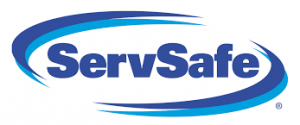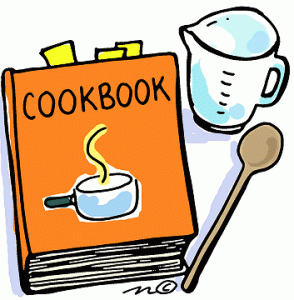What Do Programs Teach?
A formal culinary program could be one of the quickest ways to obtain culinary training. With a curriculum that is designed to teach a specific set of culinary skills, preparing graduates to move right into the kitchen. The curriculum is typically very intense and focus mostly on hands-on learning and obtaining practical skills.
The various culinary programs vary in length, class structure, and focus. The typical program can be anywhere between 11-17 weeks with the shortest between 6-7 weeks in length.

Baking
Students learn how to create various breads and dough foods, such as pastries, pies, cookies, and bread.
Skills Gained: Preparation of yeast dough. Proper baking techniques for producing on a large scale.
Introduction to Culinary Arts
Students learn about the equipment in a kitchen, as well as specific tools and cooking techniques commonly used in food preparation.
Skills Gained: Effective food sanitation procedures. Standard cooking methods and tools used for creating a variety of dishes.
Food Science
Students learn how ingredients react with each other to create certain dishes, as well as how and why certain methods of food preparation affect the taste.
Skills Gained: Which ingredients react a certain way to other ingredients. Which cooking methods are best suited for producing the desired end result?

Food Safety Manager Certification
Customer Service and Hospitality skills are also taught in a culinary arts curriculum. As a culinary arts grad, you’ll be prepared for National certification including
ServSafe Food Handler Certification: Prepare students to obtain this nationally recognized certificate in safe food handling.

Each program typically includes an ‘on-the-job’ component each, also operate apprenticeship programs combining paid on-site restaurant training. Job Readiness is another component that each program offers, skills that address communication, goal setting, interviewing, resume and cover letter writing.
Noncurricular Supports
Career Readiness Training: Job searching, interviewing, and job retention skills. Communication, goal setting, resume and cover letter writing.
Financial Asset-Building, Financial Management Skills: Through hands-on workshops, sessions cover budgeting, saving, establishing good credit.
Stipends: some programs researched had stipends they gave out to their participants to help support them in their time of unemployment. the stipends were relatively small, but they helped in buying basic necessities for the students.
There is no specific education requirement for becoming a chef, certificates, diplomas, or associate degrees are typically what culinary programs or schools award. And, as mentioned above, formal education can help you get your foot in the door of a commercial kitchen.


